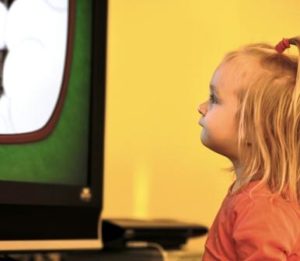
The majority of parents wouldn’t physically allow a stranger unsupervised access to their kids, yet most Australian children are exposed to the influence of strangers every day through mass media – the greater part of which is unregulated.
That’s the challenge being addressed by Flinders University’s Professor Elizabeth Handsley at a conference on the ‘Rights of the Child Consumer’ next week in Sydney (Friday 20 Nov).
The event, which is co-sponsored by Flinders Law School, the Australian Council on Children and the Media and the Australian Human Rights Commission, will examine the impact that consumption is having on children and what can be done to ensure children are protected from inappropriate products and business practices.
Professor Handsley will focus on the role that international standards could play in shaping law and practice within Australia’s media sector, which at present is responsible for setting many of its own standards.
That leads to an obvious conflict of interest, according to Professor Handsley, who will draw on examples from a range of areas including food advertising and children’s access to violent media, including video games.
“Australian law already offers some protection to consumers but the UN Convention of the Rights of the Child, the Guiding Principles on Human Rights and Business and the Children’s Rights and Business Principles suggest there is a need to do more to respond to the needs of children,” says Professor Handsley.
“For example when the industry code allows a biscuit company to use a self-approved ‘canteen’ logo because it is on the packet and not in separate advertising, that is arguably a breach of the Principle that says, ‘Product labelling and information should be clear, accurate and complete, and empower parents and children to make informed decisions’.
“The company in question has undertaken to remove the message from the packets by mid-2016, but under a children’s rights approach it never would have happened in the first place.”
For more information, or to register to attend the event, click here.

